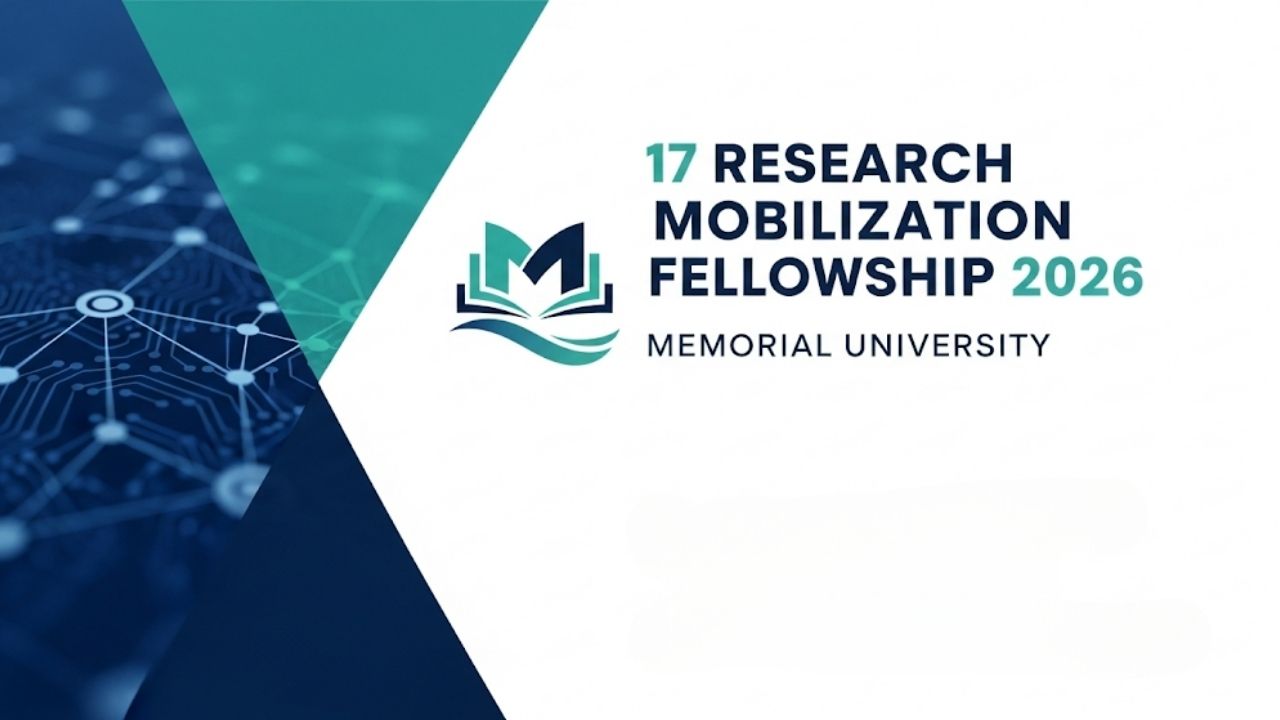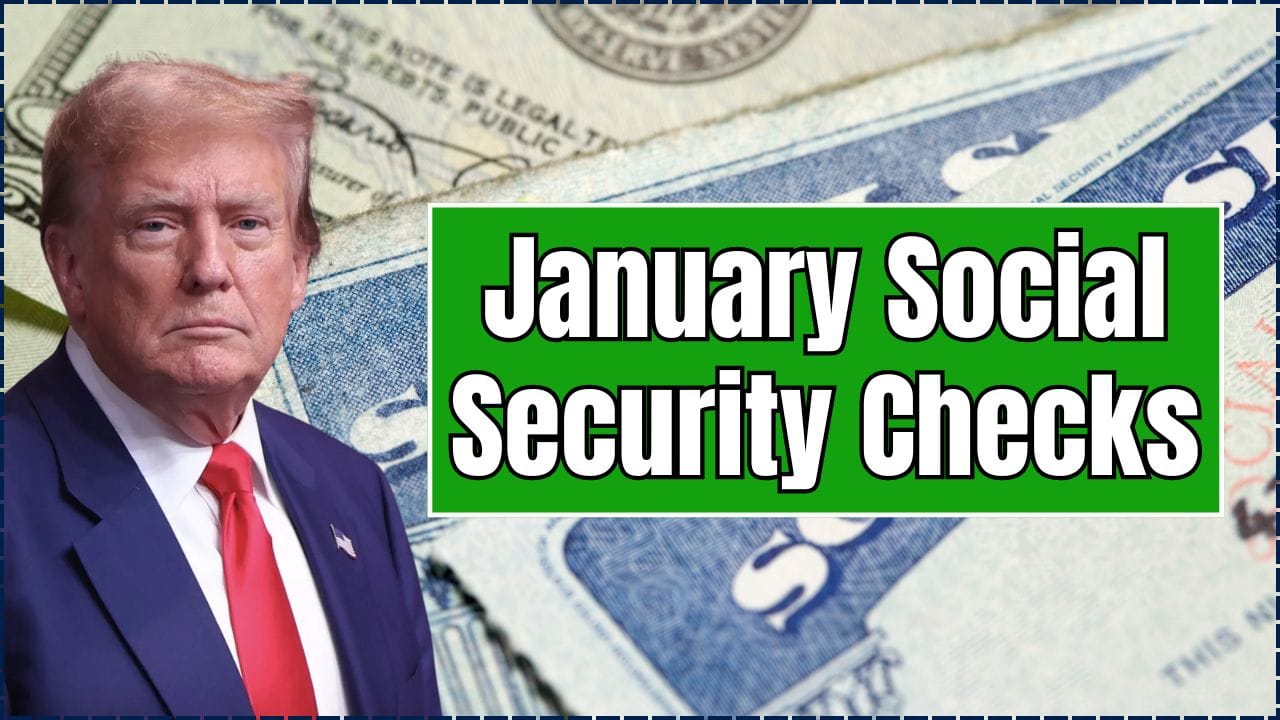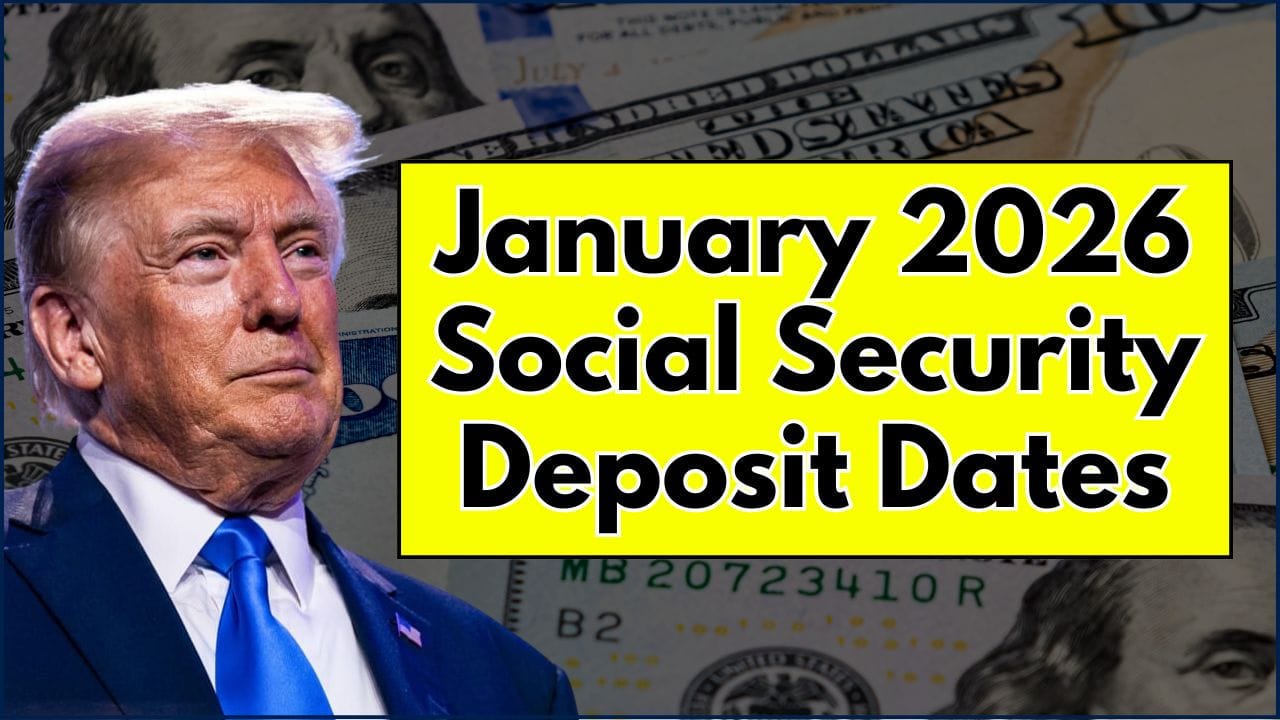The GDF Conservation and Communities Fellowship 2025 is more than just a program; it’s a transformative journey for grassroots conservation leaders across the Global South. If you are on the front lines, working to protect biodiversity while empowering your community, you know the challenges are immense—from securing funding to scaling your impact. This guide is designed to walk you through this unique opportunity, providing clear, actionable advice to help you craft an application that truly reflects your vision and potential. We’re here to demystify the process and inspire you to take this pivotal step in your conservation career.
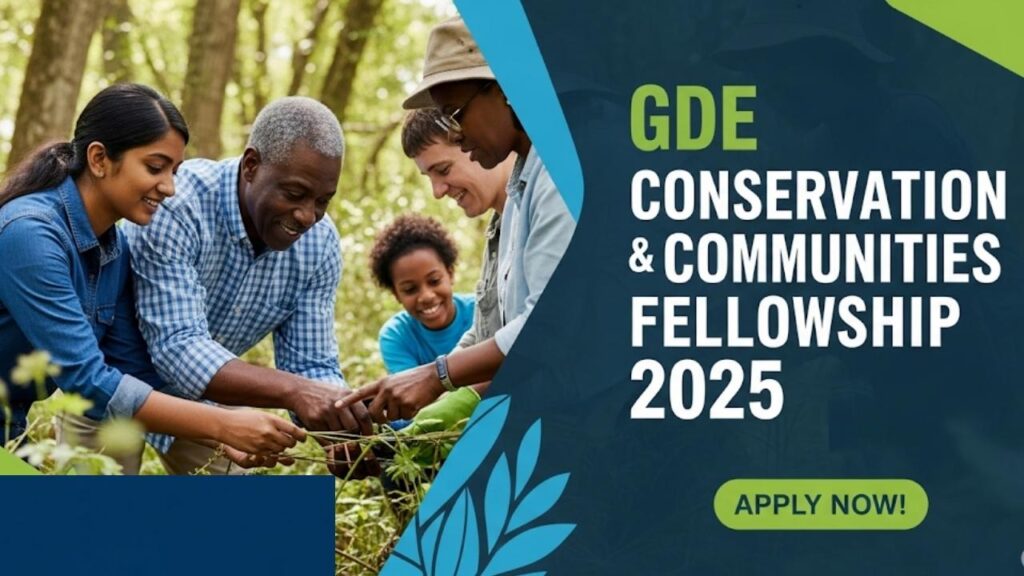
This fellowship isn’t about theory; it’s about building tangible skills and forging a lifelong network of peers and mentors. I’ve seen many passionate leaders struggle to find the right support system, and what the Global Diversity Foundation (GDF) offers is a direct response to that need. It’s an ecosystem of learning, collaboration, and empowerment designed for leaders just like you.
GDF Conservation and Communities Fellowship 2025
| Key Fact | Detail/Statistic |
| Fellowship Focus | A 7-month hybrid program for 24 leaders from the Global South at the intersection of biodiversity and livelihoods. |
| Funding | Fully funded program. Fellows make a modest travel contribution (max €300) for the in-person event, with fundraising support available. |
| Key Dates | Application Deadline: 13 June 2025; Shortlist Announcement: 25 July 2025; Program Start: 11 November 2025. |
| In-Person Gathering | The fellowship commences with a valuable in-person event in Kenya in November 2025. |
Applying for a prestigious fellowship like this can feel daunting, but every great journey begins with a single step. The fact that you are reading this guide shows you have the ambition and the vision to make a difference. Believe in your work, articulate your passion, and present your authentic self. The world needs more leaders like you, and the GDF Conservation and Communities Fellowship could be the catalyst that amplifies your impact for years to come.
What Truly Sets the GDF Fellowship Apart?
In a world of countless online courses and workshops, the GDF Conservation and Communities Fellowship stands out by focusing on holistic, leader-centered growth. It’s built on the understanding that to protect our planet, we must invest in the people who know their local landscapes and communities best.
The program is a dynamic blend of online learning and an immersive in-person gathering, ensuring that fellows build deep, personal connections alongside practical skills. It directly addresses one of the biggest hurdles for grassroots organizations: accessing direct funding and a seat at the table with donors and policymakers. The fellowship is committed to decolonizing conservation funding practices and creating direct dialogues, a truly progressive and much-needed approach.
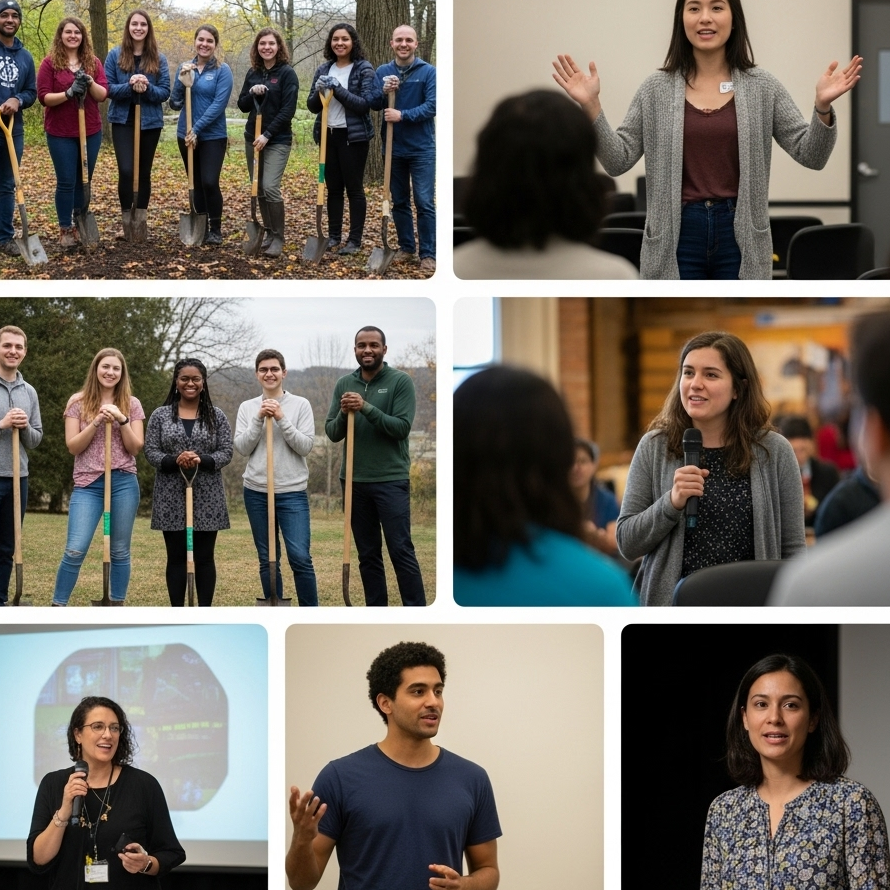
A Four-Pillar Approach to Your Growth
The fellowship curriculum is thoughtfully structured across four interwoven streams, delivered in partnership with leading organizations like Common Purpose and The Human Edge.
- Mentoring: Led by The Human Edge, this stream is about more than just guidance; it trains you in the art of mentoring. You will develop skills to support your team and partners, fostering a culture of growth within your organization. The program facilitates two-way peer mentoring, creating relationships that often last well beyond the fellowship.
- Leadership: Common Purpose, a global leader in this field, guides the leadership stream. You’ll master the ability to ‘Lead Beyond Authority,’ enabling you to build collaborations across different sectors and cultures to achieve your conservation goals.
- Capabilities & Capacities: This is where theory meets practice. Led by the GDF team and fellowship alumni, this stream focuses on the hard skills every conservation leader needs: effective proposal writing, robust project management, strategic fundraising, and impactful team leadership.
- Communities and Conservation: At the request of past fellows, this stream creates a vital space for critical dialogue. You’ll engage in debates on pressing policies, practices, and public discourses in community-based conservation, learning from experts and each other.
The impact of this integrated approach is profound. As Reyni Palohoen, a 2024 CCF Fellow, shared, “One of the most important things I learned…was the immense benefit of mentoring. As a conservation leader juggling numerous responsibilities, being a mentee felt like a therapeutic session. It provided me with a much-needed space for reflection and support
Are You the Leader GDF Is Looking For?
Understanding the eligibility criteria is the first step to a successful application. GDF is searching for a specific type of leader, and ensuring you align with their vision is crucial.
Core Eligibility Requirements:
- Geographic Focus: You must be a national of and based in the Global South.
- Organizational Role: You should be in a leadership position (or an emerging leader) within a local civil society or grassroots organization.
- Thematic Focus: Your work must be at the intersection of biodiversity conservation and community livelihoods.
- Motivation and Potential: Successful candidates are highly motivated individuals who can demonstrate their commitment to creating positive change and show clear leadership potential.
- Self-Awareness: You should be able to critically assess your personal and organizational challenges and clearly articulate what you hope to learn and gain from the fellowship.
- Language: A strong command of English is essential for active participation in all program components.
GDF actively encourages applications from individuals from marginalized or traditionally underrepresented groups, including Indigenous peoples, ethnic minorities, women, LGBTQ+ individuals, and people living with disabilities.
The GDF website provides the official Call for Applications with full eligibility details.
The official announcement on the GDF website is the primary source for the latest updates and application portal.
Crafting Your Application: A Step-by-Step Guide
A compelling application goes beyond just listing your accomplishments. It tells a story—your story. It connects your past experiences to your future aspirations and clearly shows how the GDF Fellowship is the bridge to get you there.
Step 1: Deeply Understand Your “Why”
Before you write a single word, reflect on these questions:
- What are the most significant challenges your conservation project and your community face?
- What are the specific skills or knowledge gaps that are holding you back as a leader?
- How will the four pillars of the GDF Fellowship directly address these gaps?
- What is your long-term vision for your organization and your community?
In my experience advising applicants, the most successful ones are those who demonstrate profound self-awareness. They don’t just say they want to be a better leader; they explain what kind of leader they want to become and why it matters for their work.
Step 2: Articulate Your Challenges and Aspirations
Your application is your space to be honest and clear about your needs. Don’t be afraid to be vulnerable. Explain the organizational struggles you face. As Karla Dilascio, a 2024 Fellow, bravely shared, “This fellowship arrived at a crucial moment in my professional life. My organisation was struggling to retain staff, and as a director, I felt cornered… Your arrival provided the opportunity to be heard, to receive advice, and to gain a broader perspective.”
This kind of candor is powerful. It shows the selection committee that you are ready for growth and will make the most of the fellowship’s resources.
Step 3: Connect Your Work to the Bigger Picture
While your work is local, its impact is connected to global conservation goals. Frame your projects within this larger context. Explain how your community-based approach is a solution to broader issues like climate change, biodiversity loss, or social inequity. Use concrete examples and data where possible.
- Instead of saying: “We plant trees.”
- Try saying: “We have successfully reforested 50 hectares with native species, which is projected to sequester X tons of carbon annually and has restored a critical habitat for the endangered [Species Name], a culturally significant species for the [Community Name].”
Step 4: Review, Refine, and Get Feedback
Write a draft and then step away from it for a day or two. When you return, read it aloud to catch awkward phrasing. Check for clarity, conciseness, and tone. Most importantly, have a trusted colleague or mentor review it—someone who understands your work and can provide honest feedback. Ensure your passion and commitment shine through in every sentence.
Your Definitive Guide to the ANZSOG Academic Fellowships 2026 for International Scholars
Charting Your Path to Impact: The GDF Conservation and Communities Fellowship 2025
FAQs
Q1: What is the primary goal of the GDF Conservation and Communities Fellowship?
The primary goal is to empower and equip grassroots conservation leaders from the Global South with the leadership skills, practical tools, and supportive network needed to scale their impact at the intersection of biodiversity conservation and community livelihoods.
Q2: Is the fellowship truly fully funded?
Yes, the fellowship is fully funded. The Global Diversity Foundation covers all costs for training, facilitation, and program materials. The only cost to fellows is a small contribution of up to €300 towards their travel for the in-person gathering in Kenya, and GDF provides support to help fundraise for this contribution if needed.
Q3: Can I apply if I am in the early stages of setting up my organization?
While the fellowship is primarily for leaders in established grassroots organizations, GDF does consider applications from leaders who are in the advanced stages of setting up a local organization. You should clearly articulate your progress and vision in your application.
Q4: How much of a time commitment is required?
Fellows should expect to commit an average of 2.5-3 hours per week for the duration of the 7-month fellowship, in addition to participation in the in-person event.


